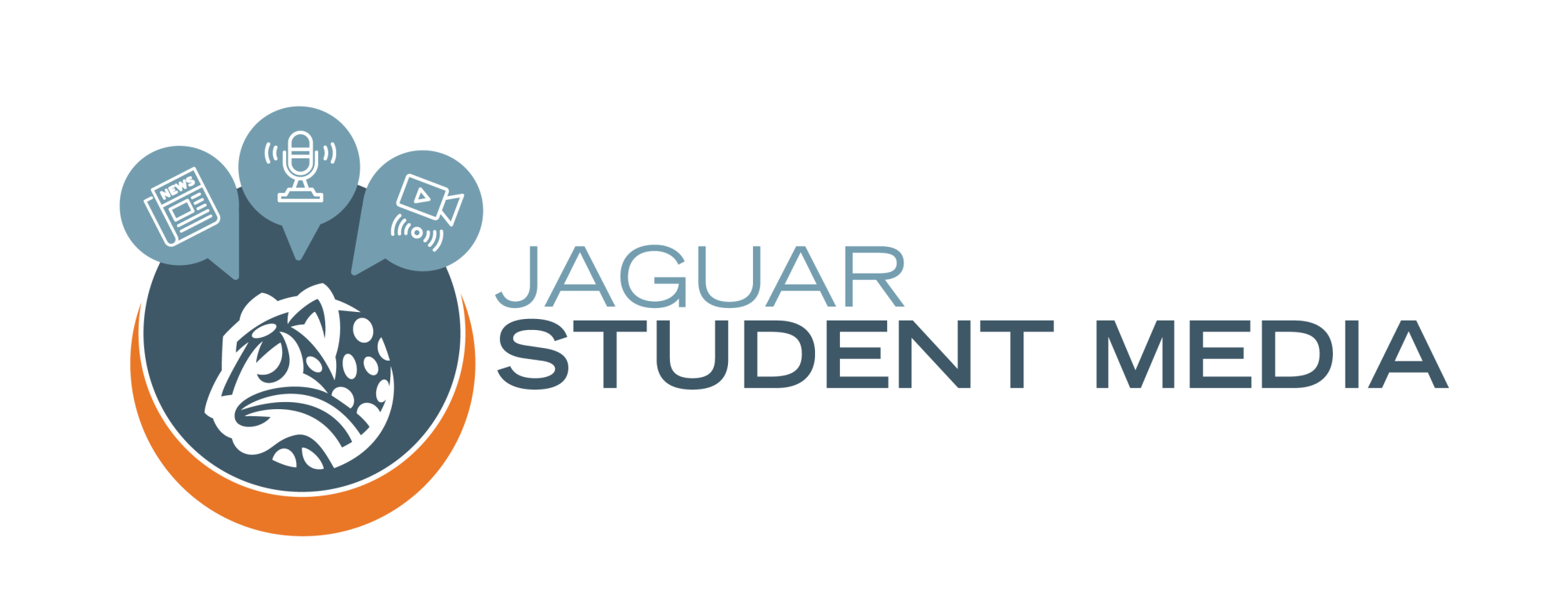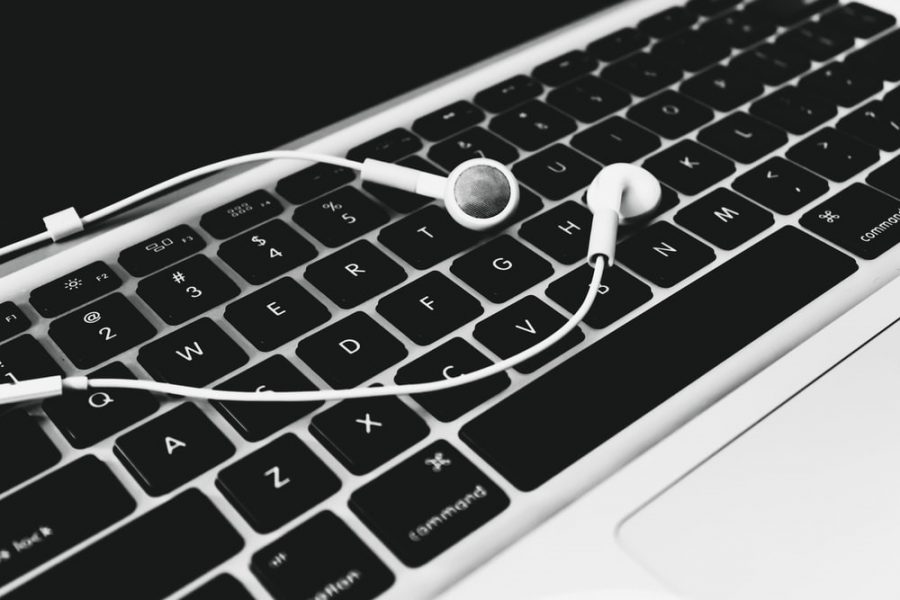Center for Community Media Talks Health and Wellness in New Podcast
This year has been full of intense emotion and stress. Political tensions are high, COVID-19 shows no signs of letting up, and people are finding it difficult to adjust to a completely new way of life in a short amount of time. But with the time spent away from others came time for self-reflection. GSU encouraged students to turn an eye to their own wellbeing with the Center for Community Media’s new podcast, “The Southland Health and Wellness Hour.”
“The College of Arts and Sciences and the College of Health and Human Services have paired to sponsor an interactive interview series about the health and wellness issues that most impact our community,” said the email from the center introducing the podcast “Together with health experts, community leaders, and you, host Dr. Tonya Roberson (Director of Community Engagement, Program Development, and Academic Support & adjunct faculty member in CHHS) explores health and wellness topics in a way that re-frames and re-makes the focus on YOU and your wellness.”
The first episode was posted on Oct. 22. It is the first in a series on COVID-19 and featured Dr. Karriem Watson, Director of Community Engaged Research and Implementation Science at the University of Illinois Cancer Center, and Instructor, UIC School of Public Heath, Community Health Sciences, and GSU Graduate Christina Ruiz-Williams.
Dr. Watson and Ruiz-Williams discussed both community and individual experiences relating to the virus. As a person who works in the field of health science, Watson was able to share how healthcare workers had been affected.
“We use virtual and telephone visits,” said Watson. “The no-show rate decreased with virtual visits.” He explained that a lot of things could be checked in on virtually, but that patients did still need to come in for lab visits.
Not only people with chronic illnesses need to show up, says Watson. “Some parents do not know if their children need annual check-ups and vaccines.” Most classes have moved online, so schools are not requiring students to submit their yearly records of vaccinations and check-ups. “The answer is one 100% they still do,” he said.
Watson also explained that wellness in regards to social determinators has become more important now. Like high blood pressure is a health condition, living in a community rife with civil unrest is a social determinator. Another one could be not having access to healthy food, such as living in a food desert. “If [patients] answer no [when questioned if they have access to food] we deliver food because we have partnered with Blue Cross Blue Shield.” Said Watson.
The individual experience of the college student has been affected as much as that of healthcare workers, as Ruiz-Williams discussed following Watson. When asked if she had fears about COVID-19, she said no.
“I had no fears because I was educated and prepared. I was more hurt over anything,” Willaims-Ruiz said when talking about graduating this year. “I really looked forward to, you know, crossing the stage. When you grow up that’s all you really think about.”
She said that not being able to walk for her bachelor’s degree motivated her to keep going for her master’s. “Hopefully I’ll be able to cross that stage.”
Both Watson and Ruiz-Williams discussed how they felt their communities were disproportionately affected by Coronavirus. Watson comes from the Black community and Ruiz-Williams comes from both the Black and Latino communities.
“COVID-19 did not show us anything that we did not already know existed. The structural racism, structural violence.” Said Watson when speaking on Black communities in Chicago. “As a community health scientist I knew it was only a matter of time before we noticed disparities in Latin communities.”
“I’m African-American and Mexican American,” said Ruiz-Williams. “Both communities are really headstrong.” She agreed that the communities already expected inequities. “The media tried to tear [Black and Latino] communities apart but that motivated us more to try to do things in the community together and make sure to empower one another. It is not a competition, we are better together. “
Ruiz-Williams also said that a lack of education in the community has been an issue too. She mentioned her friend whose mother has cancer. When Ruiz-Williams asked if the woman was taking supplements to boost her immune system she was surprised to hear her friend say no. “She said she didn’t know that.” Ruiz-Williams said. “We don’t have a lot of preventative care education in minority communities.”
Watson also mentioned the guidelines of social distancing and mask-wearing be difficult. He said that he kept extra masks in his car for those he notices not wearing masks. “I assume they aren’t wearing them because they don’t have them. I don’t judge our community for having challenges with the social distancing. I just try to inform them of why it’s so important.”
Roberson interjected to agree, saying that “it is important to for us to stay informed and learn so we can make informed decisions.”
After a little more discussion Ruiz-Williams left listeners with a positive message for enduring COVID-19. “Make sure you find the light in the darkest tunnel, find a positive outlook in a negative situation, practice your peace and grant yourself a peace of mind. Believe that you will make it far and you will. Do not allow the pain to take over your life. We only have one.”
The Southland Health and Wellness podcast will continue, posting a new episode every two weeks. The podcast is available to subscribers on Apple Podcasts and for more information email [email protected].

